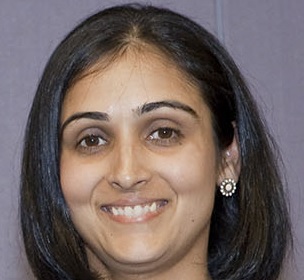
Project Summary:
Chronic inflammatory demyelinating polyneuropathy (CIDP) and multifocal motor neuropathy (MMN) are immune disorders of the peripheral nerves. Both conditions can cause significant weakness and functional disability including difficulty with walking and ability to carry out self-care. CIDP and MMN are extremely heterogenous with varied clinical presentations, prognosis and response to therapy. The diagnosis can be difficult and patients are often required to undergo numerous investigations over a prolonged time period before a diagnosis is established. Standard treatment is with regular intravenous immunoglobulin (IVIg), an infusion which is administered in hospital, often at monthly intervals. Response to IVIg is extremely variable between patients and often a “trial and error” approach is used which is an inefficient means of utilizing a limited and expensive resource such as IVIg.
In most cases of CIDP, no causative antibodies are identified. However, in 5-10% of cases, IgG4 antibodies targeting neurofascin-155 or contactin-1, protein components found on peripheral nerves, are identified. Identification of these antibodies is highly important as patients with these antibodies tend to have more severe disease and treatment responses differ.
As part of this project we will identify specific clinical and electrophysiological biomarkers which predict response to treatments such as IVIg, allowing for targeted treatment approaches. In addition, we will investigate the utility of new MRI techniques to aid in the diagnosis of the immune neuropathies and to differentiate specific subtypes so that patients can be diagnosed earlier and receive the best therapy. Furthermore, we will identify patients with antibodies targeting neurofascin-155 and contactin-1 and determine how clinical and neurophysiological markers and antibody titres can be used to provide the most effective therapy whilst minimizing side-effects in this subgroup of patients.



 The Brain Foundation is the largest, independent funder of brain and spinal injury research in Australia. We believe research is the pathway to recovery.
The Brain Foundation is the largest, independent funder of brain and spinal injury research in Australia. We believe research is the pathway to recovery.